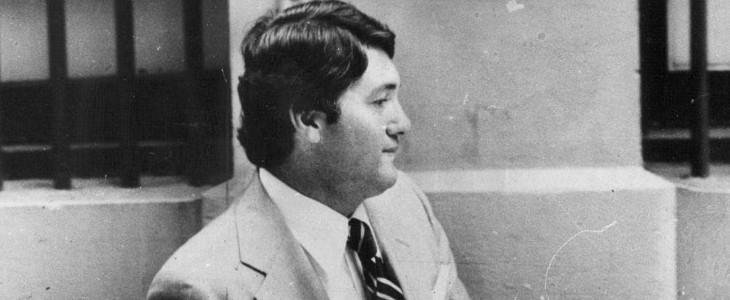A discretionary trust (also known as a family trust) is a trust established to hold a family's assets or operate a business. Generally, they are established for asset protection and/or tax purposes. The benefits of a discretionary trust include: Flexibility on income distributions. The trustee decides before the 30th June each financial year how that…
Apart from the obvious health risks, the coronavirus will put many businesses at financial risk. The unfortunate reality is some businesses will not survive the coronavirus and will end up closing down. To help protect your business and reduce the risk/effect of the coronavirus on your business, you should: Avoid unnecessary overseas travel – you…
Subject to compliance with the SIS Act and the sole purpose test, the ATO has confirmed that SMSF's can carry on a business. Although the most common businesses operated through a SMSF are either share trading or property development, other business ventures are possible. The advantages of operating a business through a SMSF include: Ability…
Personal branding is the practice of people marketing themselves and their careers as brands. Personal branding is essentially the ongoing process of establishing a prescribed image or impression in the mind of others about an individual. Tom Peter’s first wrote about personal branding in an article called ‘A Brand Called You’ in 1997. He said…
A company may be deregistered after it is closed down (e.g. voluntary deregistration), liquidated (by the members, court or creditors) or struck off the register of companies by ASIC (e.g. for outstanding annual review fees). Once a company is deregistered: It ceases to exist as a legal entity and can…
A trustee company is a legal entity that acts as a fiduciary, agent or trustee on behalf of a person or business for the purpose of administration, management and the eventual transfer of assets to a beneficial party. Trustee companies provide independent trustee services and can undertake the following activities: Producing offer…
The key to exceptional business results is consistency. If you do nothing else, be consistent. Consistency doesn’t mean being the best at something or providing the highest quality, it means providing predictable, reliable results to the customer or client every time you do business with them. Consistency creates the reputation that your business will be…
A super fund trustee company is a type of special purpose proprietary company that is only permitted to act as trustee of a self-managed superannuation fund and cannot trade in any form or to act as a trustee of any other trust. A super fund trustee company’s constitution must contain a clause prohibiting the company…
The layout of your retail store determines the way that traffic (customers) flows through your establishment. The better you understand retail store traffic, the more effective your store layout will be. Research has demonstrated that stores that are laid out effectively will have an increase in sales conversions. An effective store layout directs…
A shelf company is a company that has not traded and historically has had no activity. In the past it could take up to two weeks to incorporate a company, yet people often needed a new company quickly, so providers of company registration services would register companies and have them 'sitting on the shelf', ready…
"You’d be stupid not to try to cut your tax bill and those that don’t are stupid in business"
- Bono: U2














